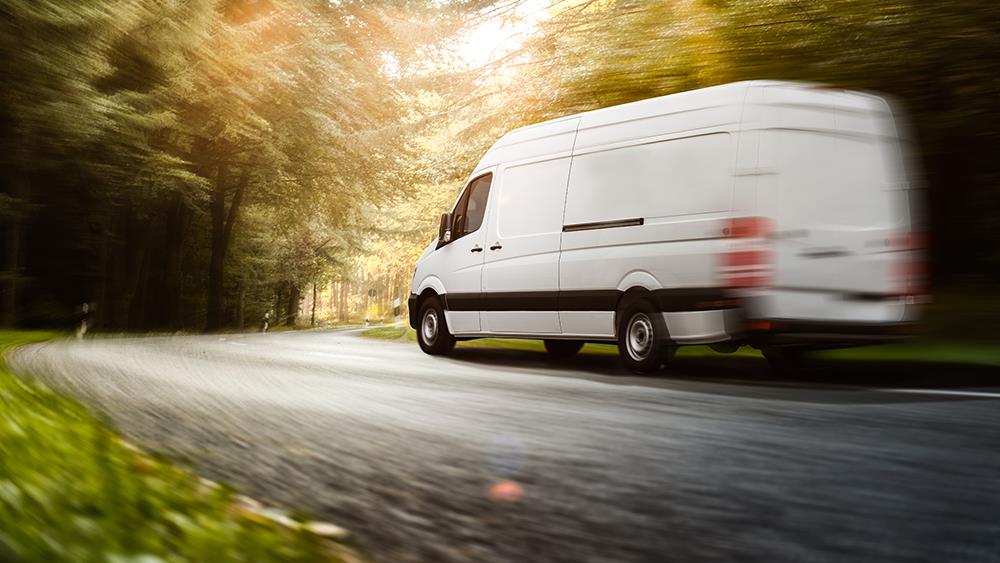

The Coronavirus pandemic has restricted our daily lives, leaving many business owners twiddling their fingers to worried uncertainty. Yet, if any good can come from COVID-19 it’ll be the potential for a greener future, explains Rodney Laws of Ecommerce Platforms.
Don’t believe me? Google images of the clean waters of Venice or the clear skyline of Beirut. Both are visual confirmation for our potential to reverse our negative impact on the world.
Many of the changes can be attributed to the sparsity of vehicles on the road, coinciding with air pollution-reducing tenfold.
Every sector has a role to play in sustaining the environment post-COVID.
Businesses rely on vans for work
Coronavirus has shown that we can all make a difference to the environment by driving less. However, motor vehicles, such as utility vans, are vital tools for many businesses.
Generally, they are driven with a purpose, either to carry equipment or deliver goods. Equally, as waves of customers leave the high street and head online, a trend exacerbated by the lockdown, delivery companies are experiencing a growing demand for their services.
Public transport, while designed to replace personal cars in the transport of people, are not a realistic or even safe alternative option for companies. However, this does not mean that businesses shouldn’t try and do their bit for the environment.
Lockdown has shown, we can really make a positive change to the environment by altering our habits.
Drivers can be more conscious of their environmental impact
There is an inevitability about using a van. At one point or another, it is likely we will all be in need of such a useful tool. Although there are ways drivers can cushion their environmental impact.
Fuel consumption is always a big worry when running a van. And topping up is the main running cost; the more frequently we fill up, the greater the overall damage we do — both to the environment, and our wallets.
Thankfully technological advancements means that motors vehicles are becoming less and less polluting. As such, it is important for companies to ensure that their fleet is well maintained and as up to date as possible.
More prosaically, driving techniques can make a big difference to fuel consumption and therefore to cost and emissions. Sometimes all it takes is a lighter foot on the pedal. Lots of data has been collected on driving style and its impact on fuel consumption with smooth driving being noted as the optimal technique.
Drivers should take extra care to ensure they drive in the highest gear possible, avoid stop-start situations, and plot clearer routes around high congestion areas. All of the above will reduce a vehicle's impact on air pollution.
Eco-friendly alternatives to vans
At the end of the day, many vans on the road are still diesel-powered. And ultimately pollute the environment no matter how hard we try.
Which begs the question: Are there any viable eco alternatives?
Vans don’t need to be gas guzzlers; consumer trends onto eco-consciousness mean more and more manufacturers are investing resources into alternative vehicles.
With urban areas such as Bristol introducing green zones to combat high-polluting diesel engines, reliable electric vans are certainly high in demand. Using electric vans help you bypass fines and extortionate costs, while also reducing air pollution.
Additionally, battery autonomy performances are constantly improving, making electric vehicle more reliable and better indicated for local trips and deliveries.
It is true that such vehicles are still more expensive to buy than normal ones, but business owners benefit from favourable tax rates which indirectly subsidise the upfront cost.
The COVID-19 pandemic has helped highlighting the need for more responsible habits. When we see smog disappearing and horizons becoming clearer, it is obvious to see out the potential cause for good. However, it remains to be seen if people can commit to a greener future after lockdown restrictions fully lift.